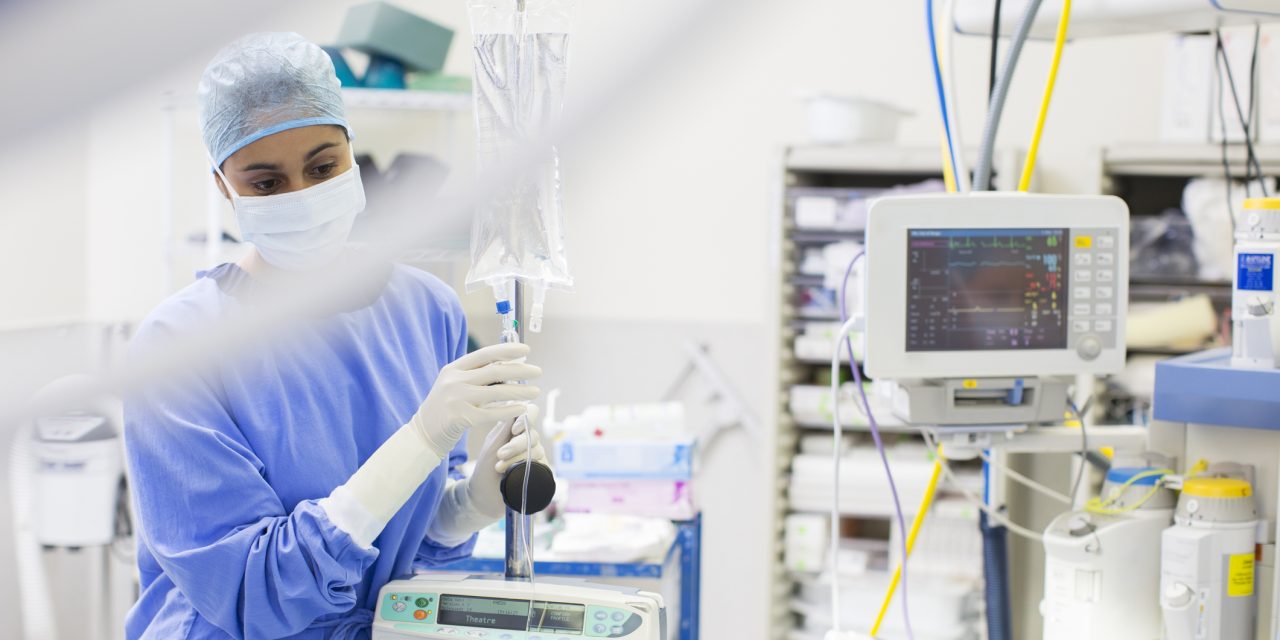The NOD-like receptor (NLR) family pyrin domain-containing 3 (NLRP3) inflammasomes are intracellular protein complexes that orchestrate immune responses through mediating caspase-1 activation, which leads to maturation of pro-interleukin (IL)-1β. Though it is known that both Gram-negative and Gram-positive bacteria could activate the NLRP3 inflammasome, the roles of NLRP3 inflammasome in bacterial sepsis is ill-defined.
Sepsis was induced in C57BL/6, Nlrp3 KO, Asc KO and interleukin-1-receptor (Il1r) KO male mice. PBS or Escherichia coli were injected intravenously into mice. The number of days from cecal ligation and puncture (CLP) surgery or Escherichia coli injection to death in each group was documented for survival. After 16 h of CLP or Escherichia coli injection, livers, lungs and spleens were harvested and assessed for bacterial loads. Tissue sections of the liver and lung were done to show the infiltration of inflammatory cells and the serum and peritoneal lavage fluid were harvested and assessed by ELISA for pro-inflammatory cytokines (IL-6, IL-1β, IL-18), and by flow cytometric analysis for peritoneal neutrophil infiltration.
Using a murine CLP model, we found that the NLRP3 inflammasome is protective in polymicrobial abdominal infection. Genetic deletion of NLRP3 significantly inhibited the production of IL-1β and worsened the outcome after CLP. Loss of NLRP3 significantly inhibited neutrophil recruitment in peritoneal cavity and impaired the bacterial clearance after CLP. Genetic deletion of Il1r, the receptor of IL-1β, phenocopied NLRP3 deficiency in polymicrobial abdominal infection. However, NLRP3 deficiency conferred protection when Escherichia coli were directly injected into the blood stream.
Our results demonstrate that NLRP3 signaling confers protection against polymicrobial abdominal infection but promote lethality during disseminated bacterial infection.
Copyright © 2020 Elsevier Ltd. All rights reserved.
The roles of NLRP3 inflammasome in bacterial infection.


